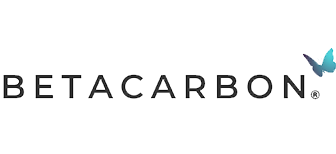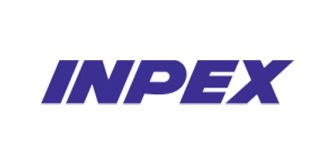Accelerating climate action
Inaugural Carbon Markets Report

Developed in partnership with Westpac Institutional Bank, the inaugural Carbon Markets Report – Carbon Markets & Australia’s Net Zero Challenge – report is the latest addition to CMI’s ongoing research initiative.
The report is the first in a new annual series that examines how Australia’s carbon market is evolving, with the latest insights from a range of experts, including decarbonisation researchers, nature specialists, corporate lawyers, carbon market participants, financial market specialists, technology specialists, and decarbonisation advisors.
CMI policy positions

Launched in November 2023, view CMI’s new policy positions – independent, non-partisan and evidence-based.
We develop our policy positions annually through engagement with our members, this includes at CMI hosted forums, through annual surveys and working group and taskforce structures. Our policy positions are approved by the CMI Board. We work constructively with governments at all levels while also making clear our policy priorities.
ACI Code of Conduct
Code Signatories bearing the brandmark are supporting best practice integrity, transparency and accountability in Australia’s carbon industry.
Signatories to the Code enjoy a range of market-facing benefits, including enhanced reputation, visibility, and eligibility to access funding through various state government funding schemes and competitive tender processes.





















